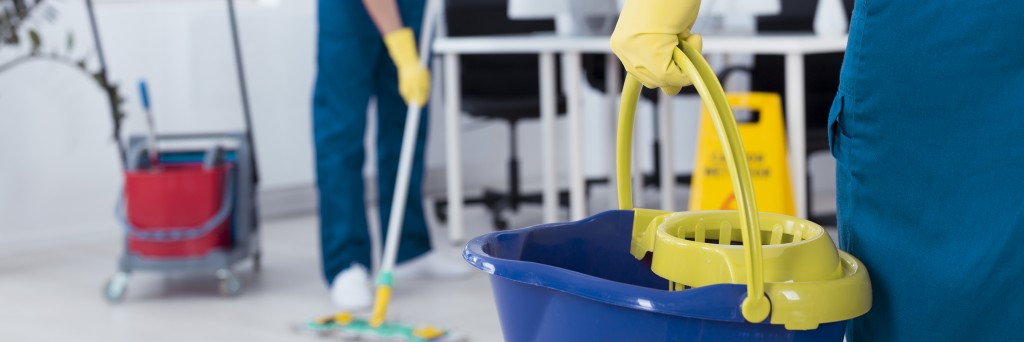COVID-19 has upended the prevailing norms of office work. Prior to the pandemic, it was common to see tightly packed floors filled with employees working side by side.
Today’s physical distancing protocols and sanitation requirements no longer permit this kind of environment.
As some companies start easing their way into the new normal, what can be done to ensure some employees return to clean and safe offices?
Revisit the office cleaning routine
The pandemic has forced companies to rethink their approach to sanitation. Offices managers need to revisit cleaning routines and schedules. What worked prior to COVID-19 may no longer be as effective today.
For instance, thorough cleaning would be appropriate before and after employees go to the office. Elevators — floor buttons and surfaces — would need to be cleaned more often throughout the workday.
Deep cleaning of office furniture like sofas and carpets would also need to be done more frequently.
Managers must work with cleaning staff to find an ideal schedule that doesn’t disrupt workflows. If manpower is lacking, outsourcing is also a viable option. Third party services like commercial floor and carpet cleaning for companies can save a lot of time and effort in cleaning large offices.
Ensure availability of sanitary materials
Aside from ensuring the workplace is properly cleaned, companies should also provide a sufficient amount of sanitary products to staff. Items like tissue, hand sanitizers and wipes should be made readily available.
The best cleanup efforts won’t totally protect any office from illnesses. People are frequent carriers of germs and bacteria without them knowing it. So it’s best to eliminate these harmful organisms as close to the source as possible.
Additionally, handing out sanitary materials empowers everyone to contribute to the larger effort of preventing infections from spreading in the office.
Strictly enforce clean-as-you-go policies
Pantries and lunch areas are a few of the places where infections can quickly spread. Saliva droplets in used utensils can easily make their way to another person. Food leftovers can also harbor a number of contaminants.
Many offices already have clean-as-you-go policies, but more often than not, a good number of employees forget to comply. Now is the time to strictly enforce these rules through routine reminders and memos.
Likewise, office managers should also post guidelines for office restroom etiquette. Bathrooms are also places where proper cleanup and disposal should be observed.
Integrate social distancing

Lastly, ensure there’s enough distance between each workstation. Offices that are used to compact setups should find ways to adapt to the extraordinary circumstances.
Hot-desking should be highly discouraged. Companies must prevent multiple people from frequently occupying a single area.
If there’s not enough space, executives should be more than willing to try remote work for certain teams — if not the entire organization.
Alternatively, companies could also implement staff rotation. Some teams can come to the office on certain days of the week while others resort to remote working. The idea is that teams take turns showing up at the office and staying at home. Office managers should find an ideal schedule that works for everyone.
